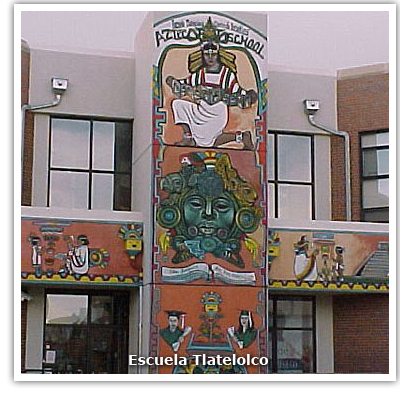Property management

Property management can best be defined as the oversight, control, and operation of a specific property in the broadest use of the term. The term management is indicative of the need for consistent and ongoing care of a property in multitudinous ways. Property includes the monitoring and accountability directly connected to the effectiveness and usefulness of the property.
A property manager can either be a person or firm that has been given the responsibility to care for a property for an agreed upon fee. This is normally when an owner is not physically or operationally capable of caring for the property on their own. This is common with investors and properties owned by large conglomerates.
Property management can also be defined in more distinctive roles such as occupant management or grounds management. The level of responsibility and oversight is determined between the owner and the property manager. Property management can be an intricately connected system that involves numerous processes, which include significant manpower and operational protocol. All acquired property has a life-cycle with each owner. Depending on the owner's philosophy concerning any particular property, the property manager will be responsible for a number of dynamic elements, including acquisition, responsibility, maintenance, utilization control and disposition (at the appointed time).
One of the most important roles of a property manager is to function as a liaison between the owner and the tenants. This provides a buffer between those owners who wish create a certain level of distance between themselves and the occupancy in the buildings they own.
In normal cases, property managers will conduct the application and screening process for new tenants, which may include credit and background checks as well confirming employment history. A good management company will be able to effectively maintain the standard of operation that has been established by the owner or the asset manager.
The depth of the responsibilities of a property manager are only limited by the discretion of the owner. It is not unheard of for management companies to control every aspect of the property, from acquisition to sale, with very little involvement from the principal owner. The experience of the management company will play a major role in the amount of latitude that they will have in operating any particular property. Many management companies have established policies and protocols in the way that they handle properties, and owners seek them out based on the success that they have experienced through implementing these philosophies and policies.

